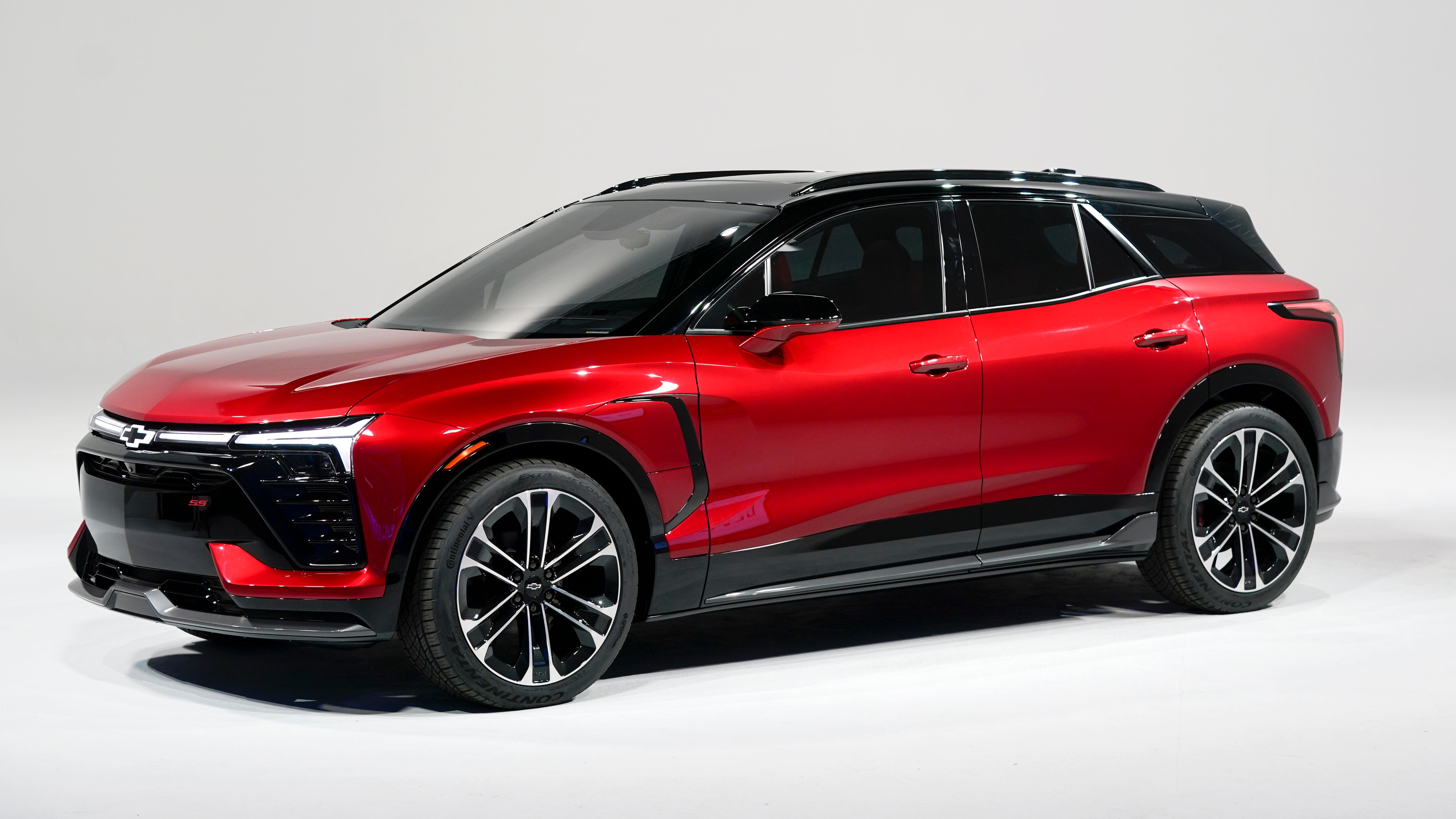EU says US electric vehicle tax credit could break WTO rules
The European Union says a new U.S. tax credit plan aimed at encouraging Americans to buy electric vehicles could discriminate against European producers and break world trade rules

Your support helps us to tell the story
From reproductive rights to climate change to Big Tech, The Independent is on the ground when the story is developing. Whether it's investigating the financials of Elon Musk's pro-Trump PAC or producing our latest documentary, 'The A Word', which shines a light on the American women fighting for reproductive rights, we know how important it is to parse out the facts from the messaging.
At such a critical moment in US history, we need reporters on the ground. Your donation allows us to keep sending journalists to speak to both sides of the story.
The Independent is trusted by Americans across the entire political spectrum. And unlike many other quality news outlets, we choose not to lock Americans out of our reporting and analysis with paywalls. We believe quality journalism should be available to everyone, paid for by those who can afford it.
Your support makes all the difference.The European Union expressed concern Thursday that a new U.S. tax credit plan aimed at encouraging Americans to buy electric vehicles would discriminate against European producers and break World Trade Organization rules.
Under the Inflation Reduction Act nearing final approval in the U.S. Congress, a tax credit of up to $7,500 could be granted to lower the cost of an electric vehicle. To qualify, the bill requires that electric vehicles should contain a battery built in North America with minerals mined or recycled on the continent.
“The European Union is deeply concerned by this new, potential, trans-Atlantic trade barrier,” European Commission spokeswoman Miriam Garcia Ferrer said. “We think that it’s discriminatory, that it’s discriminating against foreign producers in relation to U.S. producers.”
“Of course this would mean that it would be incompatible with the WTO,” she said. The commission is the EU’s executive branch, and part of its responsibilities is to conduct trade with the outside world on behalf of the bloc's 27 nations.
The commission agrees that tax credits are “an important incentive to drive the demand for electric vehicles” and ultimately to help reduce greenhouse gas emissions. “But we need to ensure that the measures introduced are fair,” the spokeswoman said.
The idea behind the U.S. requirement is to encourage domestic manufacturing and mining, build a robust battery supply chain in North America and lessen the industry’s dependence on overseas supply chains that could be subject to disruptions.
Production of lithium and other minerals that are used to produce EV batteries is now dominated by China. The world’s leading producer of cobalt, another component of the EV batteries, is the Democratic Republic of Congo.
But the commission is deeply concerned about the domestic U.S. content and assembly requirements in the tax credit plan and claims this only favors certain mineral-rich countries, to the detriment of EU products exported to America.
EU subsidy schemes, the commission said, are available for domestic and foreign producers alike.
___
Follow all AP stories on climate change at https://apnews.com/hub/climate-and-environment